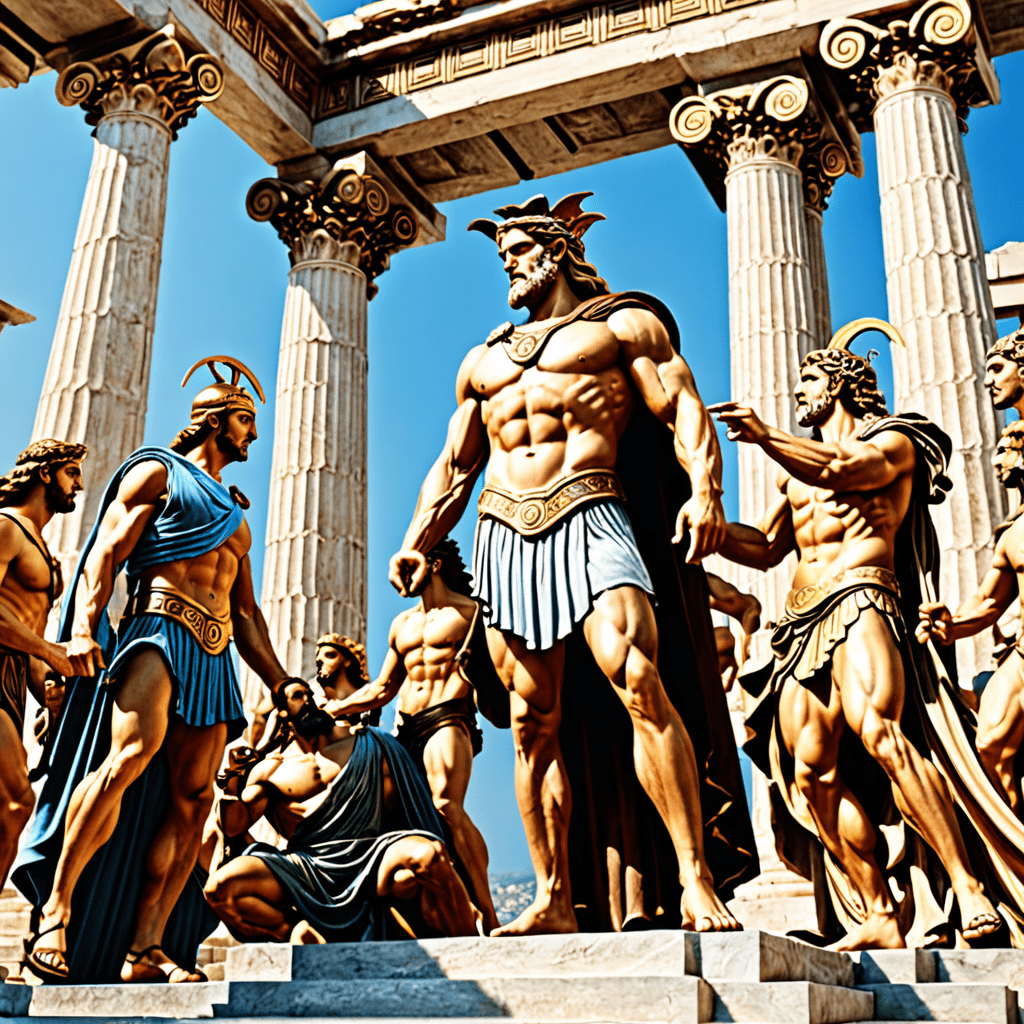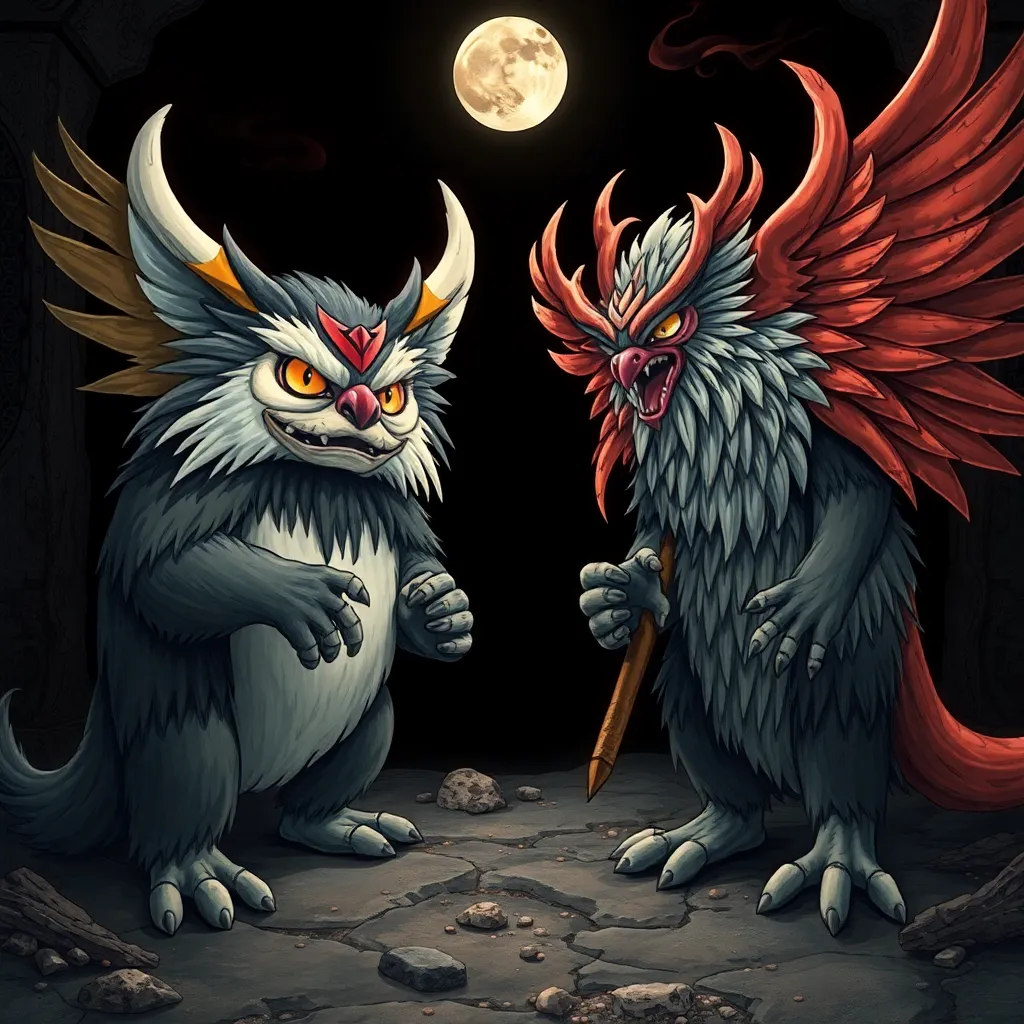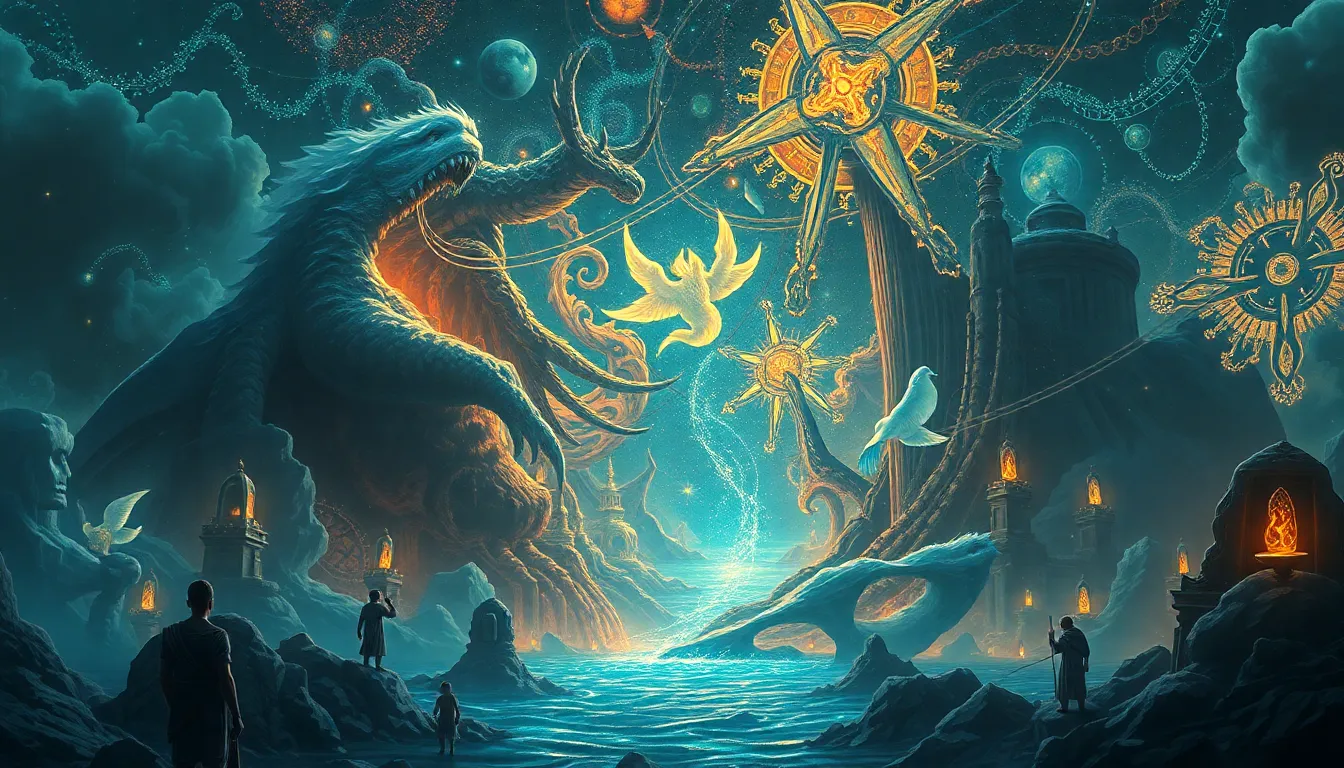Greek Mythology: A Dive into the Concept of Authority
Understanding Greek Mythology
Greek mythology is a vast collection of narratives from ancient Greece that involve gods, goddesses, heroes, and mythological creatures. These stories not only entertain but also convey moral lessons, explain natural phenomena, and explore the intricacies of the human psyche.
Authority in Greek Mythology
Authority in Greek mythology often revolves around the gods and goddesses who hold immense power over various aspects of the world. These deities wield authority over mortal beings, influencing their lives, decisions, and ultimate fates.
Moreover, heroes in Greek mythology also exemplify authority through their actions, courage, and leadership abilities. They often challenge the existing order, standing up to both divine and earthly powers, showcasing different facets of authority.
Examples of Authority in Greek Mythology
One prominent example of authority in Greek mythology is Zeus, the king of the gods, who rules over Mount Olympus and holds power over thunder and lightning. His decisions shape the course of mortal and immortal lives, showcasing his ultimate authority.
Another compelling example is Athena, the goddess of wisdom and warfare, who embodies authority through strategic prowess, intellect, and guidance in times of conflict. Her wisdom and leadership qualities make her a revered figure among gods and mortals alike.
Implications of Authority in Greek Mythology
The concept of authority in Greek mythology offers insights into hierarchical structures, power dynamics, and the consequences of challenging or respecting authority figures. These stories reflect human experiences with authority, highlighting themes of rebellion, obedience, and accountability.
By delving into Greek mythology and exploring the concept of authority, we can unravel complex narratives, uncover timeless lessons, and gain a deeper understanding of how authority shapes interactions, society, and the broader human experience.
FAQs about Greek Mythology and the Concept of Authority
What is Greek Mythology?
In Greek Mythology, ancient stories and legends of gods, heroes, and mythical creatures form the basis of Greek culture and beliefs. These narratives explain the origins of the world, natural phenomena, and human experiences.
What is the Concept of Authority in Greek Mythology?
Authority in Greek Mythology often revolves around the power dynamics between gods, titans, and mortal beings. Gods like Zeus, the king of the Olympian gods, represent ultimate authority, while mortal heroes often challenge or interact with divine authority in various myths.
How is Authority Portrayed in Greek Myths?
Greek myths frequently explore themes of authority, showcasing struggles for power, divine decrees, and the consequences of defying authority figures. Through stories like the Titanomachy and the labors of Heracles, the concept of authority is intricately woven into the moral and ethical fabric of Greek mythology.



